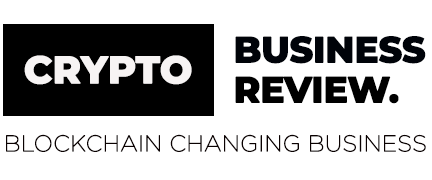The education sector isn’t exactly known as a petri dish for experimentation, and the best ideas and approaches don’t always float to the top. With this in mind, don’t expect blockchain to take schools by storm. Instead, monitor the trends related to blockchain, as they could ultimately lead to a breaking of the dam.
Here’s what these industry insiders say about the trends shaping blockchain adoption in education:
1. Miguel Caballero, CEO of Tutellus
“First adopters will be official institutions to validate titles on the blockchain. It’s not the most disrupting service, but it improves efficiency and costs of those institutions and it’s an “easy-to-see-results” application. Supply chain services applied to education solve a lot of nightmares in official educational systems.”
2. Chris Jagers, CEO of Learning Machine
“Despite enthusiasm, approaches to utilizing blockchain technology has been scattered. 2019-2020 will be a year of consolidation around use cases and data standards. The W3C Verifiable Credentials specification has been drafted, and with that, there is no room for argument. We will see a coalescence around that open standards, and open-source reference implementations.”
3. Richard Maaghul, Founder and CEO of ODEM
“We believe that one of the biggest problems blockchain technology can solve is data security and ownership. This is an industry-wide issue that many organizations have identified, especially when it comes to EdTech and the increase in startups requesting personal data from students and educators. As such, security architecture is one of the tech’s biggest identified benefits and is likely to be used widely to solve data management problems in the near future.”
4. Dr. Jennifer Jones Educational Entrepreneur and Founder of Green Ivy Schools
“A big driver for the use of blockchain in education (primarily in post-secondary and primarily around credentials and records) is the disruption caused by MOOCs (massive open online courses). MOOCs are inviting college students and those considering career changes / continuing education to diversify and personalize their approach to credentialing. MOOCs are making degrees less valuable and less efficient than a la carte upskilling. Employers agree. As credentials begin to take a wider variety of shapes, blockchain systems will be there to standardize.”
5. Steven R. Gordon, Prof. of Information Technology Management, Babson College
“The application that seems to have the most traction is credentialing. MIT, the University of Bahrain, and Southern New Hampshire University are issuing diplomas using Blockcerts. BCdimploma lists some thirty institutions issuing credentials, including diplomas, on its chain.”
6. Roger Lim, Founding Partner at NEO Global
“I believe that it is the industry’s responsibility to help prioritize blockchain education and development, as well as to nurture the next generation of world-class talent. We expect that more VCs, institutional players, government bodies, and projects will realise the same this year, which will likely result in the next wave of investment in education and provide much-needed blockchain research and initiatives for the betterment of the blockchain ecosystem.”
Original text: https://www.disruptordaily.com/blockchain-trends-education-industry/











